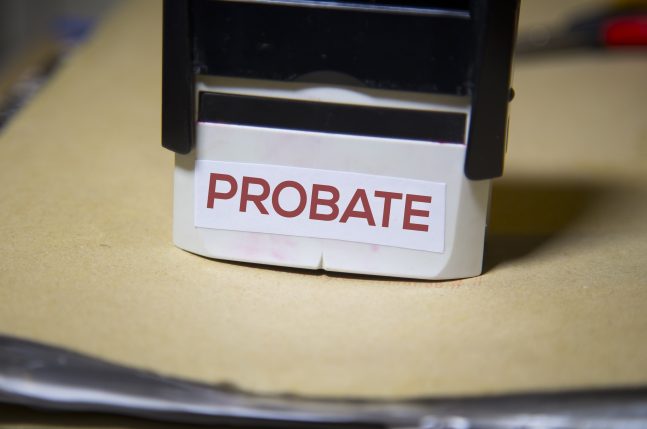
I am often asked: “But if I die without a Will, won’t it just go to my family anyway?” This statement is basically true, but it is the manner in which your estate would be distributed and the obstacles to be negotiated in order to make it happen that one should be concerned about.
The rules for the distribution of an estate in the absence of a valid will (“Intestacy” or “Intestate Estate”) are set out in Part 3A of the Administration and Probate Act 1919 (SA) (“the Act”).
If the deceased has a spouse but no children, the spouse will receive the whole estate. If the deceased has a spouse and children (regardless of age) the estate will be divided as follows:
- The first $100,000 to the spouse;
- The remainder to be divided into two equal shares;
- One such share to the spouse;
- One such share to be divided equally amongst all children.
Some important things to remember in relation to the above scenario are:
- “Children” does not include step-children, but does include legally adopted children; and
- “Spouse” includes a domestic partner, so marriage is not necessary.
Sounds pretty straight-forward, right? But if you have young children, you might want to consider section 65 of the Act, which states:
(1) Every administrator who is possessed of or entitled to any property within this State, whether personal or real, belonging to any person who—
- is not sui juris, or
- is not resident in this State, and has no duly authorised agent or attorney therein:
shall deliver, convey, or transfer such property to the Public Trustee immediately after the expiration of one year from the date of the death of the intestate or testator, or within six months after such sooner time as the same or such portion thereof as is available for that purpose, has been sold, realised, collected, or got in.
What that means is that any beneficiary of an estate who is not sui juris – i.e. does not have legal capacity (which may be due to them being a minor, or if they are older, suffering from a mental incapacity) – must have their share administered by the Public Trustee until such time as they are legally capable of managing it themselves.
For a nuclear family of two parents and, say, a few kids, the result of the above can be that the surviving spouse is left with a legal mess. They must not only deal with the administration of the estate, they may lose control of part of it to the Public Trustee, who is entitled to charge fees for this service.
This scenario can also arise for single people – if a person dies with no spouse or children, their parents are entitled to inherit their estate. If a parent lacks legal capacity for any reason, the Public Trustee will step in pursuant to section 65 of the Act.
Other issues arise with blended families. See my article: “Estate Planning Issues for Blended Families“.
A legal mess can be avoided with proper estate planning. For further information please contact Michelle Crichton on 8362 6400 or email Michelle Crichton. Join our mailing list to receive updates and advice on current issues.







